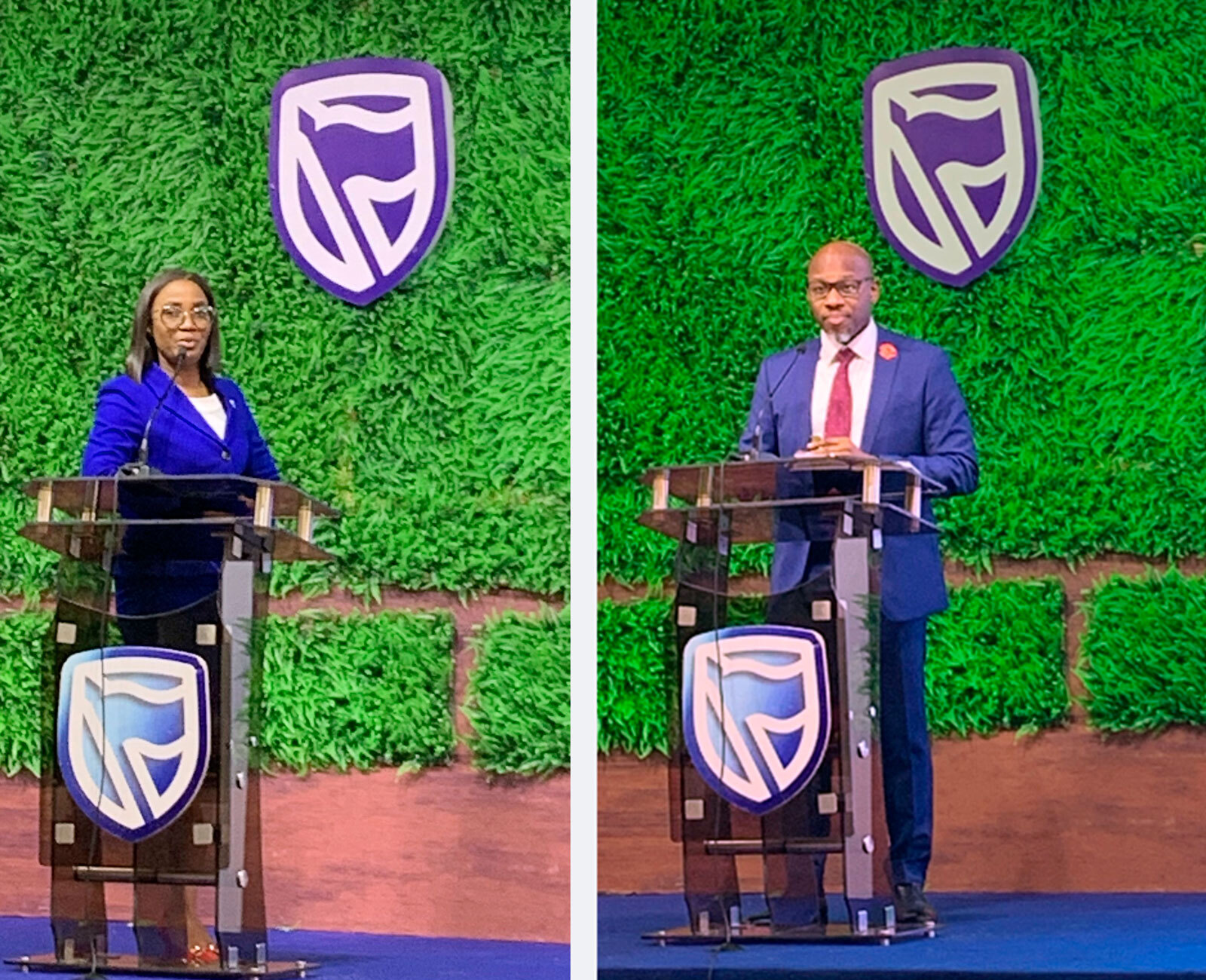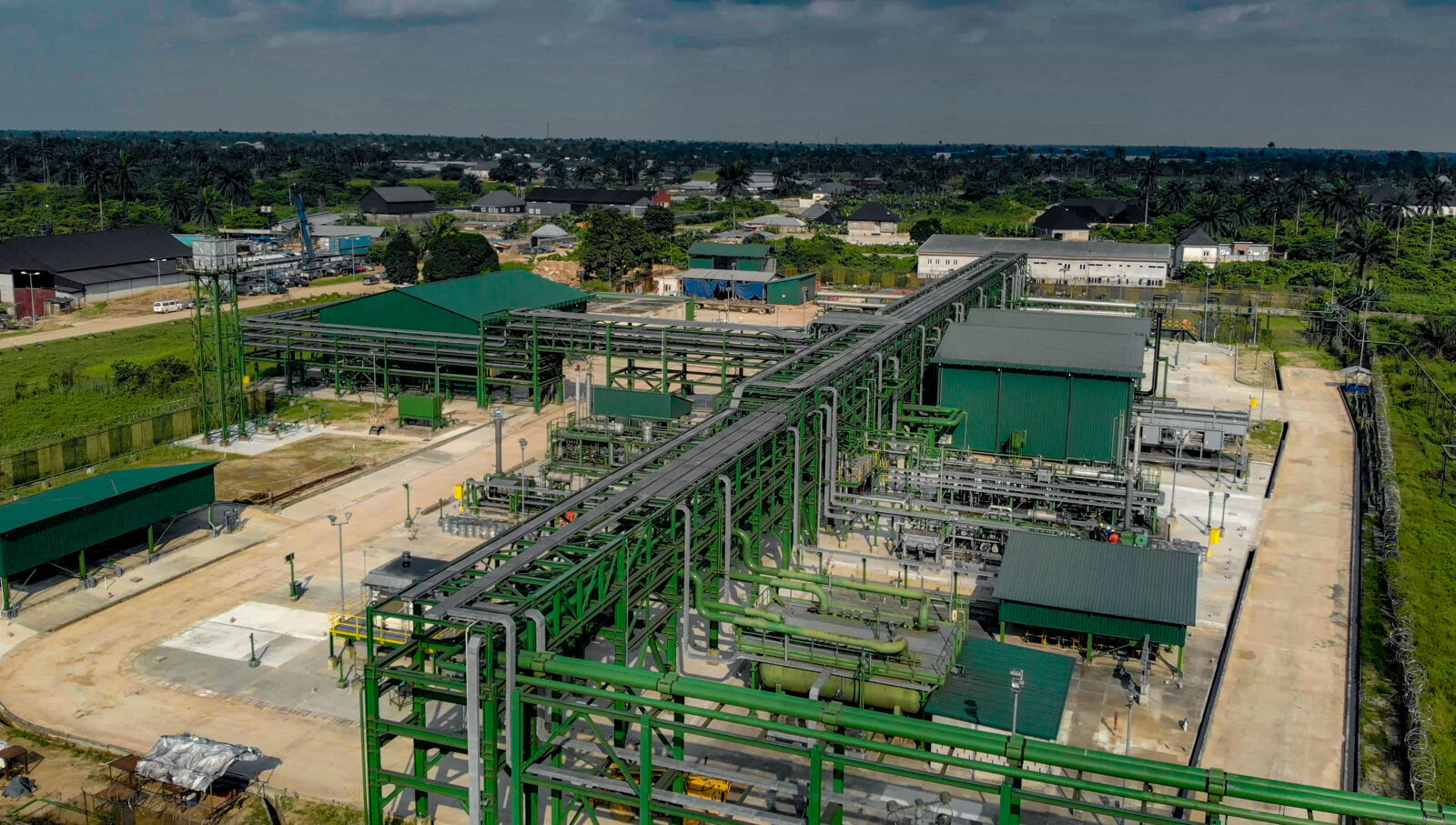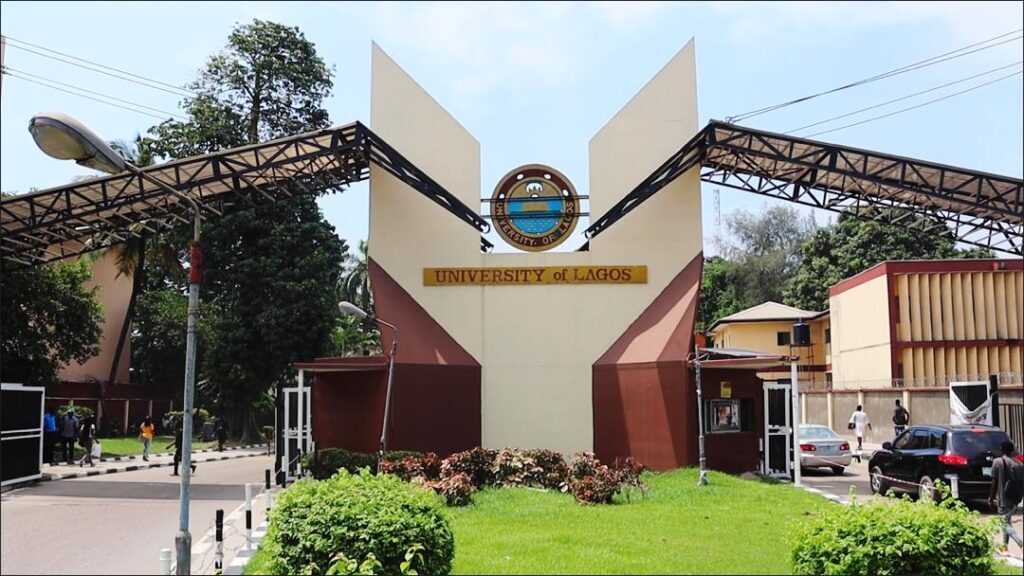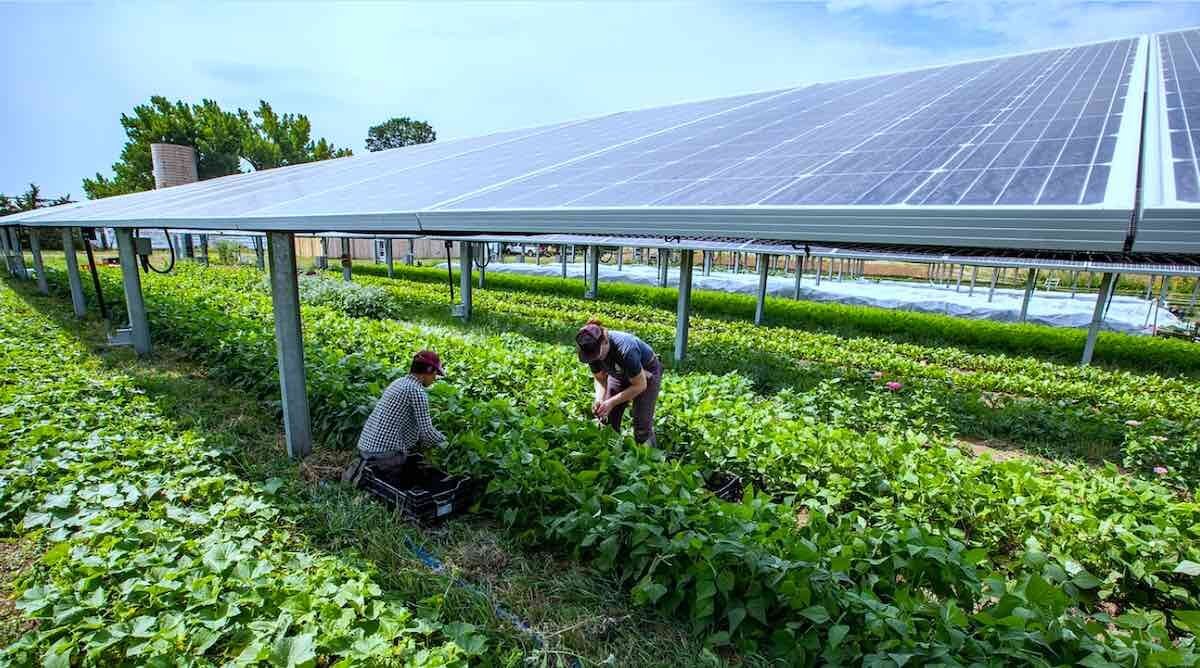Nigerian financial institutions are rapidly evolving in response to mounting climate risks, digital disruptions, and global calls for sustainable finance.
Insights from Stanbic IBTC Bank’s Deputy CEO, Bunmi Dayo-Olagunju, and Lawrence Amadi, Partner at Tech Assurance, KPMG, reveal how banks and advisory firms are leveraging technology, data, and targeted investments to transform risk into resilience, while keeping society at the core of their strategic decisions.

The New Urgency - From Climate Anxiety to Action
Nigerian boardrooms are confronting climate change not as a distant threat, but as an immediate risk to operations and profitability. Bunmi Dayo-Olagunju details, “These risks are now very real. We meet them every day, and we must take action daily.”
In the last decade alone, major Nigerian cities have seen average temperatures jump by 10–15%, with heat waves now regularly topping 40°C, an escalation that is reshaping how bank’s view lending, capital allocation, and governance.
With this in mind, climate risk is at the top of the agenda of Stanbic IBTC’s ten-year outlook, with sustainability and environmental threats ranking five times among the top ten risks in 2024 bank projections.
Green financing has surged, with Stanbic investing hundreds of millions of naira and supporting clients through 100% environmental and social risk assessments for every significant lending decision.
In the meantime, everyday experience of heat has changed household habits, from hand fans to solar-powered and electric fans, showing that adaptation starts at home but is scaled in the boardroom.
Innovation in Data, Digital, and Human Capital
As banking and professional services move towards transformation, technology and data stand at the core. Lawrence Amadi, Partner, Tech Assurance at KPMG, describes a sector on the point of digital reinvention: “Getting data right is crucial, and being able to harness it is at the heart of AI.”
KPMG now tracks emissions from generators in over 400,000 homes, helping detail Nigeria’s invisible carbon footprint and providing banks and regulators with actionable insights.
On the other hand, Stanbic IBTC is collaborating with Standard Bank to certify at least 12,000 Nigerians over the next year in climate risk management and sustainability, without any charges. The Bank has a credit digital dashboard, which reduces risk assessment time by as much as 50%, thereby enabling faster, more accurate financial decisions and supporting nearly real-time governance reporting.
These innovations ensure that AI, analytics, and trained staff work together to drive down emissions, improve capital efficiency, and keep governance aligned with continued shifting risks.
The Path to Sustainable Value and National Resilience
Both Bunmi Dayo-Olagunju and Lawrence Amadi noted that the way forward goes beyond technical or financial. For example, Stanbic’s reforestation projects and investments in renewable infrastructure demonstrate how environmental strategy translates into societal value and lasting business opportunity. “AI and technology can do a lot, but not in isolation,” says Dayo-Olagunju. “We must blend the collective intelligence of our environment with acceleration from technology.”
KPMG’s Amadi warns that, without urgent upskilling in areas like AI and ESG reporting, Nigerian professionals face a competitive disadvantage. “Those with AI knowledge will take your job if you don’t scale up; the future belongs to those prepared.” These investments in education, coupled with big data advances, are not only positioning Nigerian institutions to catch up with global trends but setting up the sector to lead across Africa in smart, sustainable finance.
Embedding Sustainability, Shaping New Markets
To ensure resilience for 200 million Nigerians, both leaders advocate deepening partnerships between banks, regulators, tech companies, and educational institutions.
Stanbic IBTC’s climate toolkits and KPMG’s end-to-end digital platforms already help speed up lending, manage client risk, and optimise national carbon policy. Targeted green loans, consumer education, and joint policy advocacy are now central to driving economic inclusion and social impact.
Stanbic IBTC and KPMG’s commitment is clear: billions in green liquidity, real-time environmental data, and workforce upskilling are making Nigeria’s finance sector a regional beacon.
The opportunity for innovation and sustainable prosperity is enormous, but only if industry, government, and citizens act together, with boldness and agility.
Nigeria’s banks and consulting giants are charting a new era in financial services, building tech-driven, climate-smart strategies that prioritise both profit and planet.
With a foundation in data and a focus on people, the nation’s financial leaders are turning risk into opportunity and anchoring Nigeria’s role in the global movement for sustainable growth.













